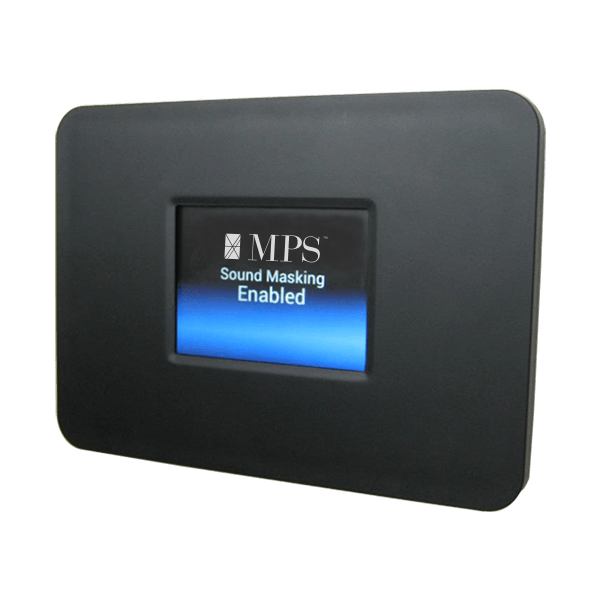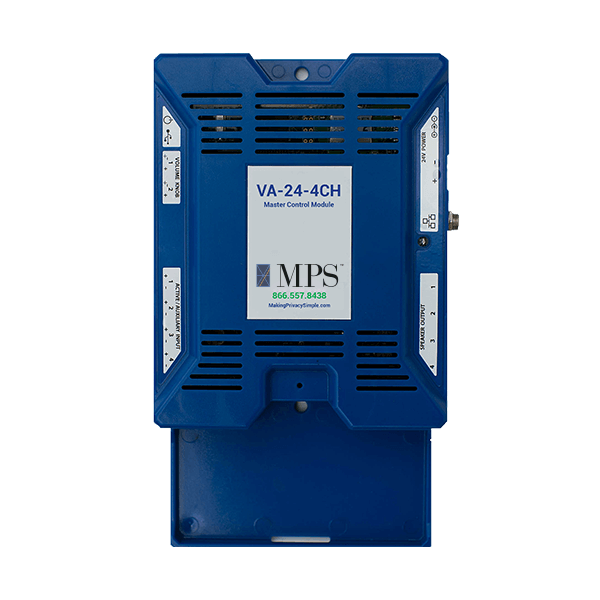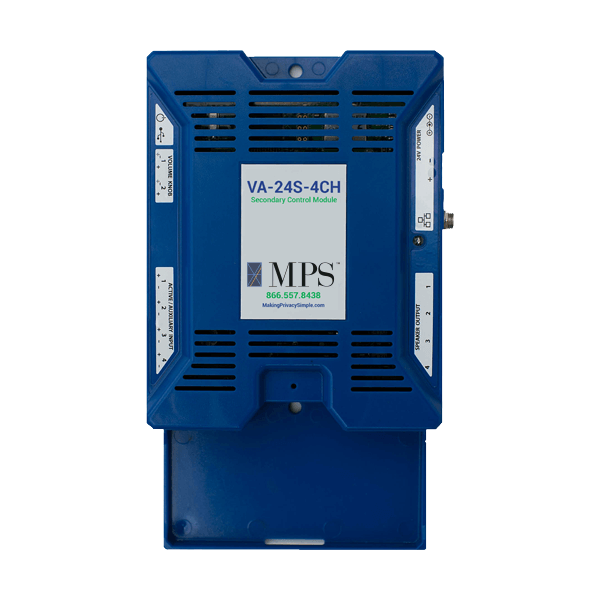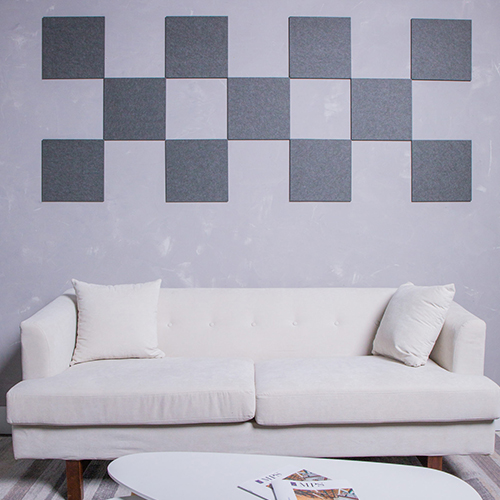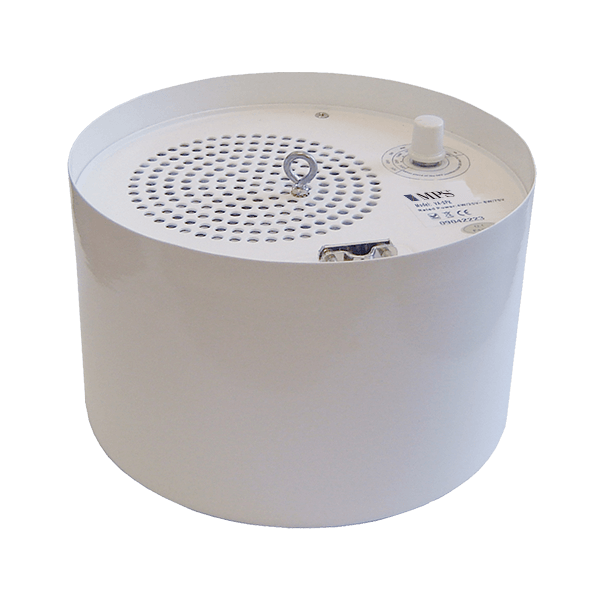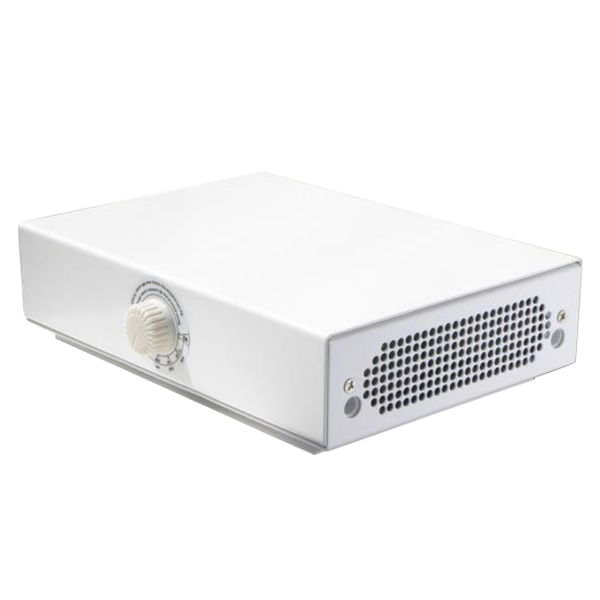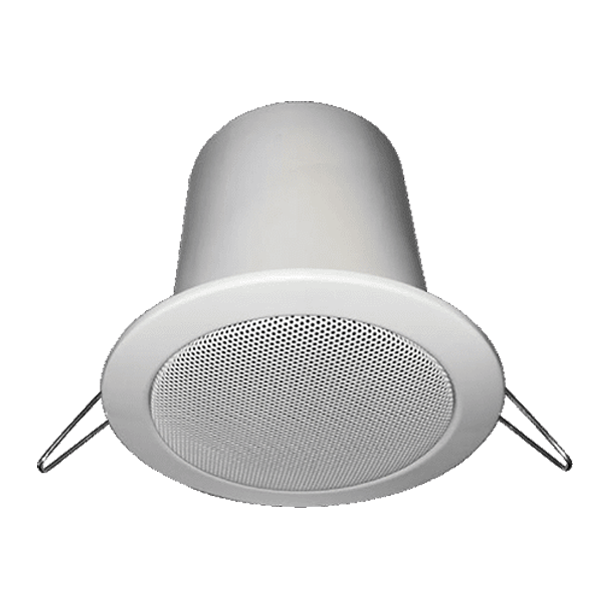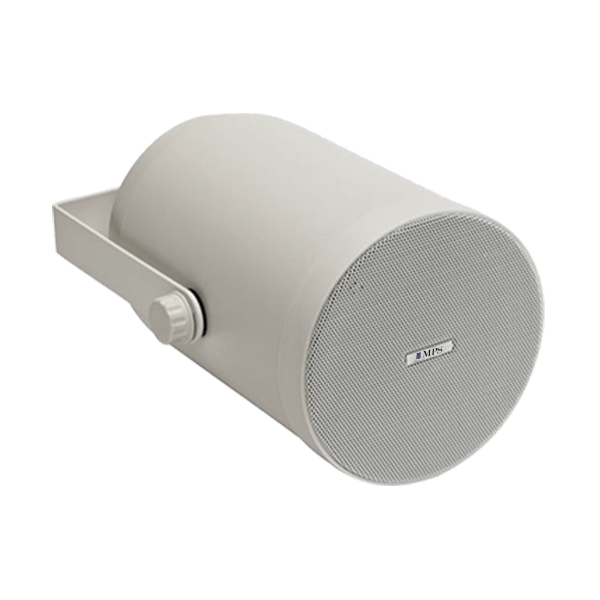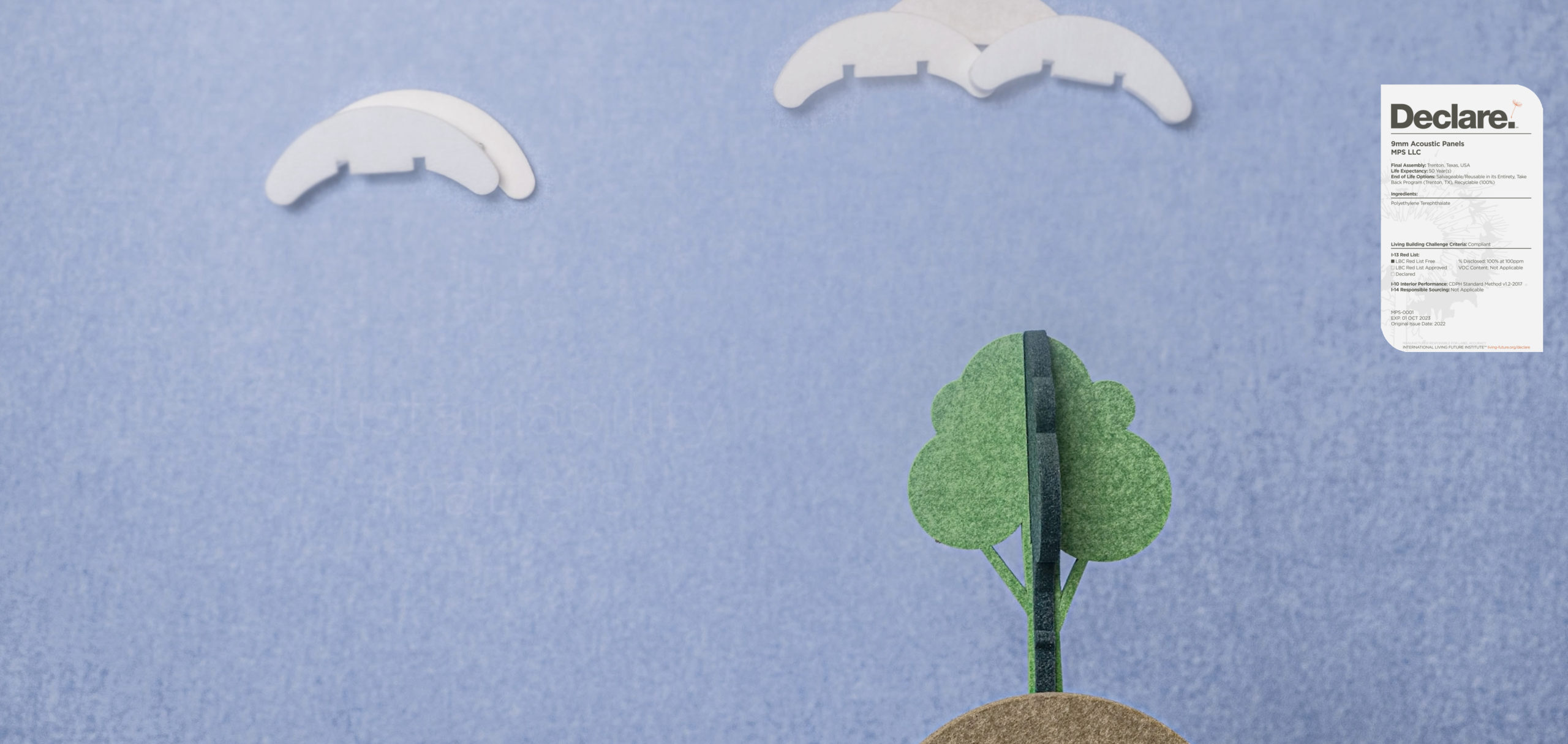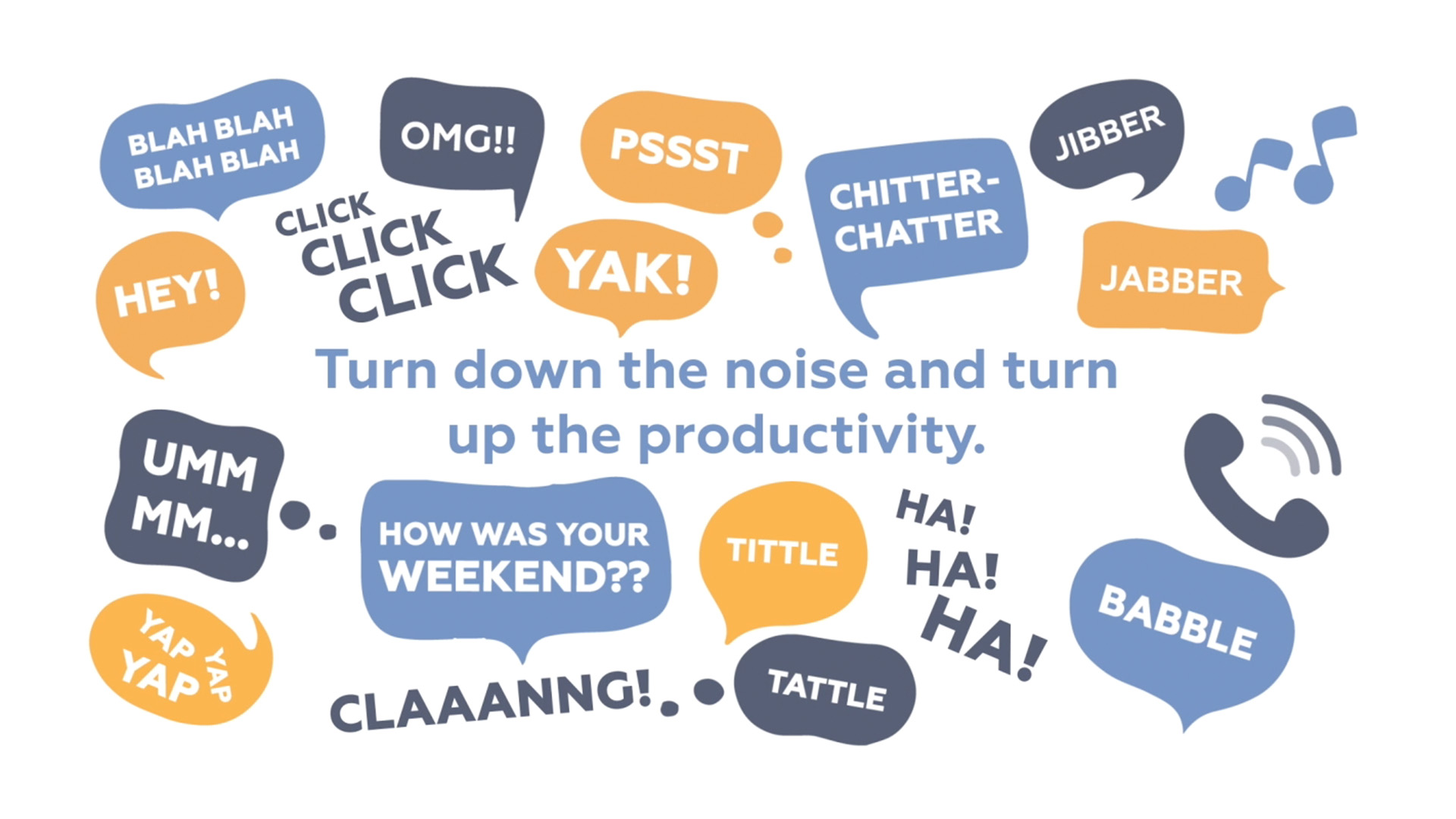Tinnitus is the presence of sound when no external source is present, what you probably think of as “ringing in the ears.” Tinnitus affects men and women, and its prevalence increases with age. There are some cases of tinnitus in children, and it is, unfortunately, becoming prominent among teenagers – 17% of students now experience tinnitus or ringing in the ears according to the American Speech-Language-Hearing Association.
According to the American Tinnitus Association, at least 12 million Americans have tinnitus and 1 million of these experience it so severely that it interferes with their daily activities, such as hearing, working, or sleeping.
You may have wondered what the ringing was or why you were experiencing it. Tinnitus is not a disease. It is usually a symptom of something else, such as a reaction to a food or medication, ear infections, something in the ear (wax or a foreign object), or it could be a side effect of congenital hearing loss. However, the most common cause of tinnitus is noise-induced hearing loss.
Tinnitus is difficult to measure since it is subjective to the one experiencing the ringing in the ears. Usually, the hearer will rank it as slight or catastrophic.
Tips for managing tinnitus
- Remember that even though frustrating, tinnitus is not a serious medical problem or even a disease.
- See a doctor for further information. It may be that the ringing you hear is actually a normal function of the body.
- Try to track under what circumstances your tinnitus is triggered. Share these with your doctor and avoid triggering environments when possible.
- Protect yourself against loud environments.
- Check out various treatment options.
Treating Tinnitus
There are many treatment options for tinnitus, and again, it cannot be emphasized enough that your doctor is your best resource. Common wisdom is that certain treatments, such as prescribed medication, may take a while to take full effect, so don’t give up hastily if you don’t experience immediate results.
Treatment Options
- Alternative Treatments
- Amplification (Hearing Aids)
- Biofeedback
- Cochlear Implants/Electrical Stimulation
- Cognitive Therapy
- Drug Therapy
- Sound Therapy
- TMJ Treatment
- Tinnitus Rx Information
Sound Therapy
One of the previously mentioned treatment options is sound therapy. Sound therapy is the use of sound to decrease the loudness or prominence of tinnitus. Sound therapy includes hearing aid-like devices, as well as sound machines, both of which are used to cover the ringing sound.
White Noise Machines
Instead of physically wearing a device, many tinnitus sufferers choose to implement a white noise machine to cover the ringing. The Sound Oasis White Noise Machine with the added Tinnitus treatment sound card creates a soothing atmosphere so users fall asleep easier, get higher quality sleep, enhance concentration, and feel more alert and comfortable throughout the day, regardless of tinnitus.
Regardless of which route you choose to take, the American Tinnitus Association suggests you seek counseling and a support group, not only for guidance but also for moral support. It can be beneficial to know that you are not alone and that there are others who understand the life-altering effects of tinnitus.









